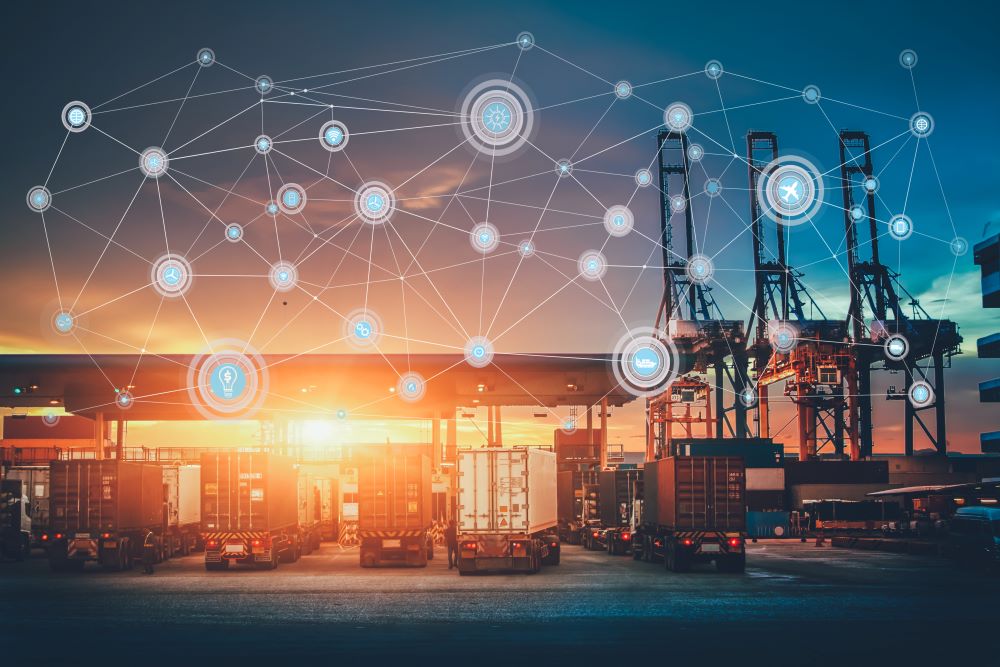
Supply chain and risk management experts have said they’re “surprised” that climate change isn’t being viewed by more traders as the most significant strategic risk they are currently facing.
In response to a poll held during a free webinar hosted by the Institute of Export & International Trade (IOE&IT) this week, just 5% of delegates said climate was at the top of their current risk register. Half of the audience (50%) said supply chain, with around a fifth (19%) saying finance.
Victoria Gibson, a customer risk consulting lead at Zurich Resilience Solutions (ZRS), said she was “surprised to see climate change so low” but said that it tallied with a “trend we’re starting to see with risk registers”.
Eye off the ball
Gibson warned businesses to not “take your eye of the ball” when it comes to climate.
“The general consensus is that it’s not going away,” she said. “The problem with any long-term, strategic risk is that it can be seen as less important or less immediate, but it will catch up on you.”
Nnamdi Ahuchogu MCIPs, specialist risk engineer at ZRS, agreed and said that climate already impacts logistics and supply chains.
“Climate’s a big risk and is something supply chain professionals need to embrace, in terms of it being a significant risk to the way they work,” he said.
Daunting
The webinar, titled ‘How to manage compliance and risk in a changing global trade landscape’, was run in partnership with The Bletchley Group and GW Consulting International (GWCI).
Angela Irvine, a sales director at The Bletchley Group, said businesses needed to create a risk register.
“You have to list everything that is a risk to your business, from risks to the premises, to the workforce, to regulations to supply chains,” she said.
Gibson added that creating a register could be “daunting” for businesses because of how many risks that are out there in the current global business environment. She advised businesses to consider what are the main risks to the business, saying to “always bring it back to your own objectives”.
Due diligence
Simon Dexter, the global head of sales at GWCI, advised that conducting due diligence on international partners was something businesses needed to do as part of their risk strategies, saying that protecting a business’ reputation was “just as important as profit margins”.
He said that tracking a partner’s environmental, social and governance (ESG) performance needed to form part of this due diligence process.
“It is vital to fit as many bits of the jigsaw together before exporting,” he said. This should include “anything and everything that could cause reputational damage to your business”.
Sanctions
When asked about the ways in which they conducted their due diligence, 74% of the audience said they were doing so using ‘sanctions checks and watch lists’.
Graham Welland, the CEO of GWCI, said this was “not surprising” in the context of western sanctions being imposed on Russia following the outbreak of the war in Ukraine.
He added that it was important for businesses to have a “strong compliance framework in place” to allow them to be able to make risk decisions.
Benefits
The IOE&IT is working with both GWCI and The Bletchley Group to offer its members with solutions for protecting its brand and business internationally.
GWCI is offering a free 45-minute consultation and 10% discount on its products and services, which you can find out more about here.
The Bletchley Group is offering insurance policy advice and quotes to IOE&IT members, which read about here.



